¿Qué es un cuidador?
El cuidador es una parte integral del equipo de atención para el cáncer que actúa como defensor, amigo y ser querido del paciente.
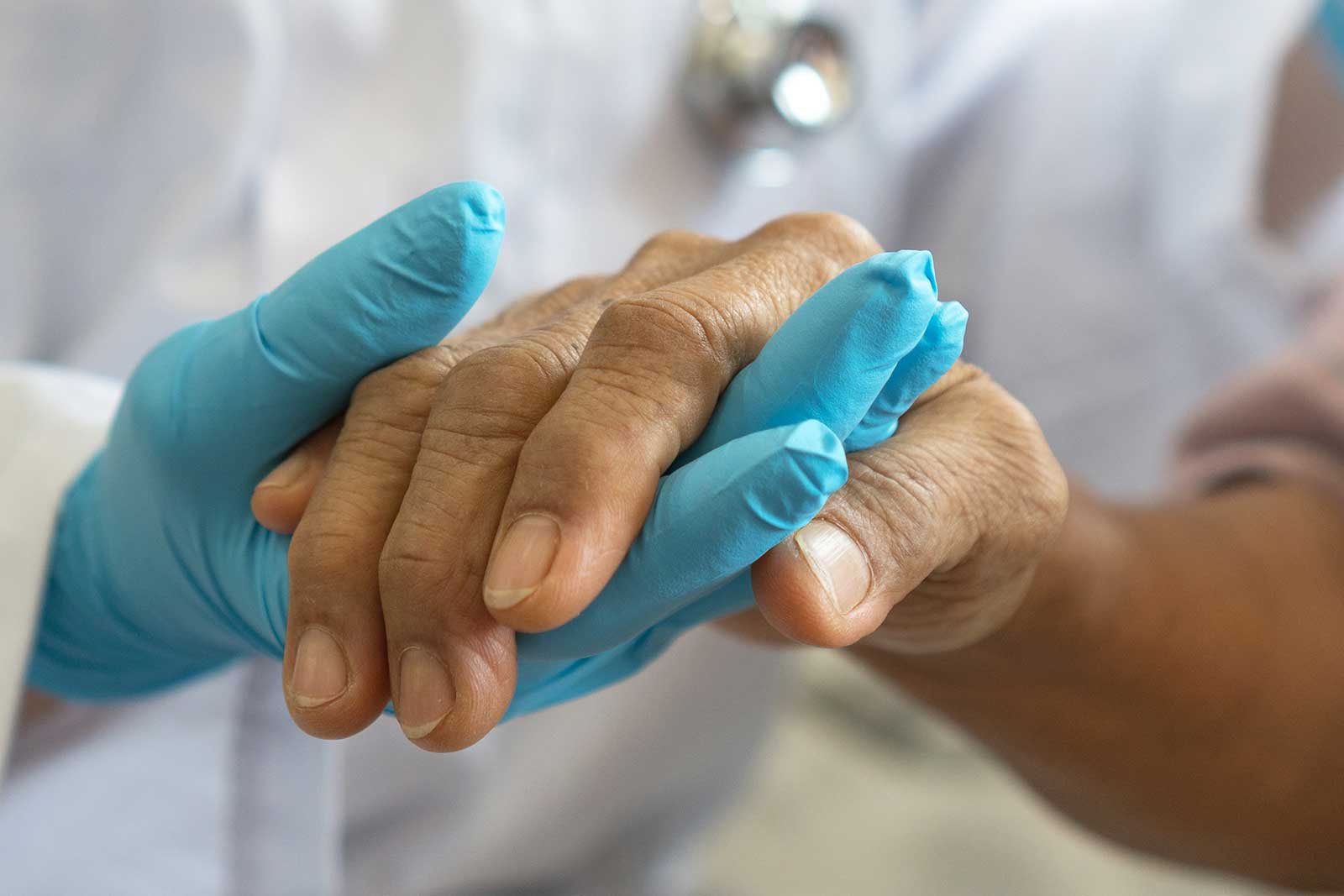
Como cuidador, usted influye en cómo el paciente enfrenta su enfermedad. Su apoyo ayuda al paciente a continuar con la posibilidad de un plan de tratamiento exigente y tomar medidas para mejorar, como comer alimentos saludables y descansar lo suficiente.
Ver información sobre el tratamientoEl papel del cuidador durante el tratamiento del cáncer
Los cuidadores suelen ser responsables de realizar un seguimiento de las recetas, planificar las próximas pruebas y mantener a los médicos al tanto de cualquier problema. Los cuidadores también pueden ayudar a sus seres queridos con actividades diarias, como conducir a sus citas, recoger medicamentos, cocinar o realizar tareas del hogar.
Recursos útiles para cuidadores:
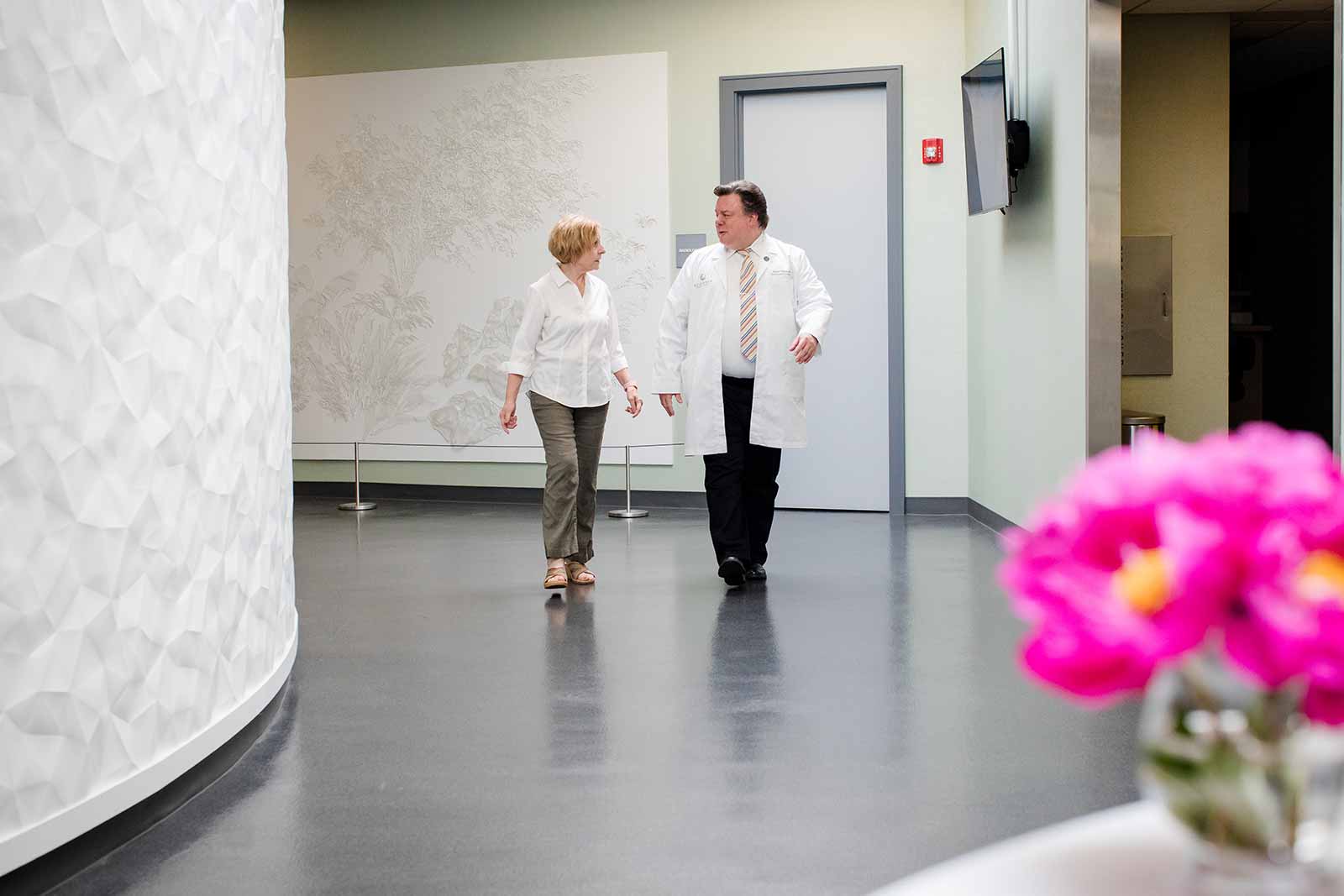

Cuando se enfrenta un diagnóstico de cáncer, comprender y navegar el sistema de atención médica puede ser un desafío. Encuentre recursos útiles para navegar por la cobertura del seguro médico para que pueda concentrarse en lo que más importa.
Revise la cobertura del seguroRecursos y apoyo para los cuidadores de cáncer
Así como los pacientes experimentan desafíos a lo largo de su viaje, los cuidadores también experimentan estrés emocional, físico y mental. Los cuidadores a menudo no están capacitados para sus nuevas responsabilidades y, por lo general, son el cuerda de salvamento de la persona con cáncer.
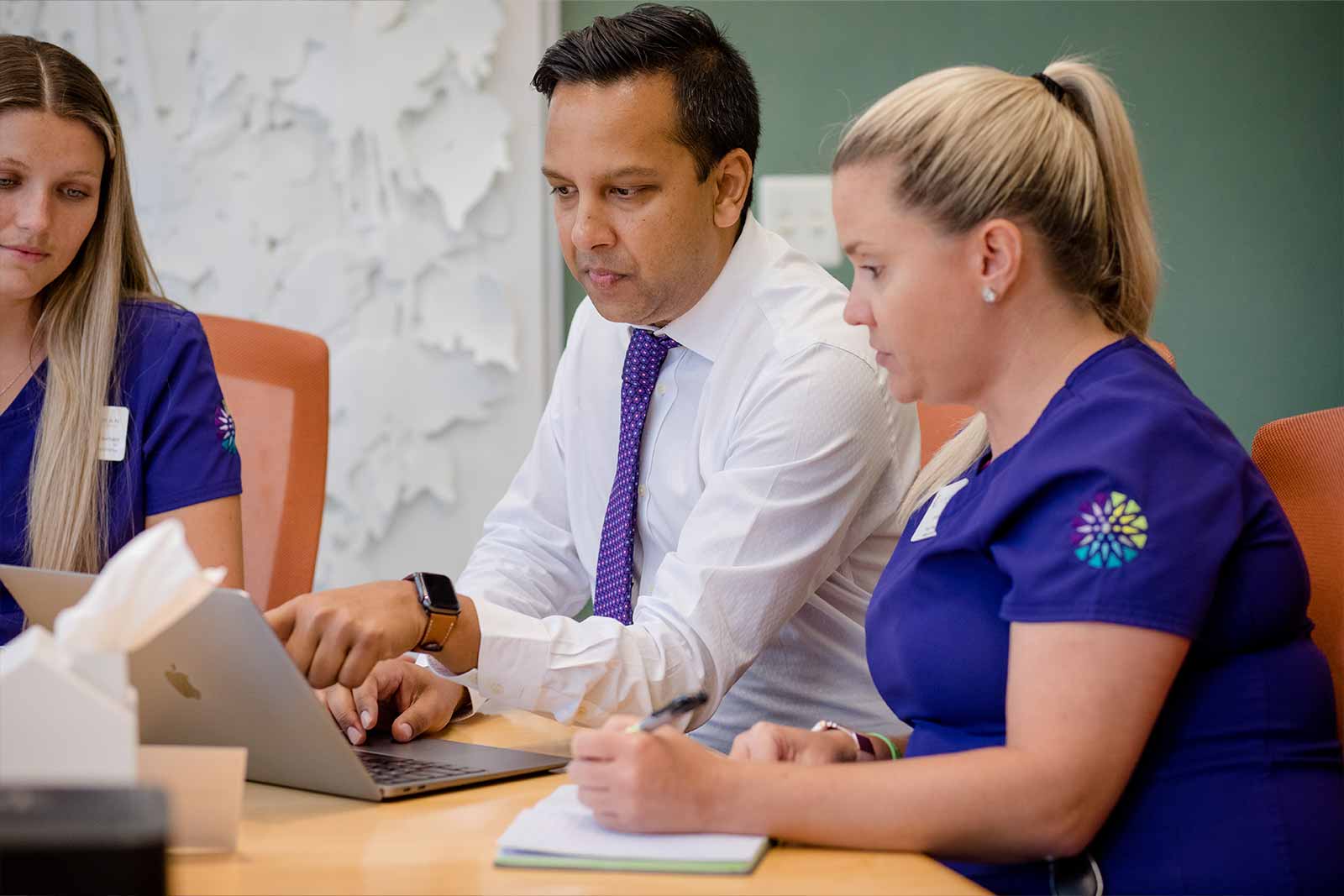
Recomendaciones de American Cancer Society’s online interactive guide puede ayudar a los cuidadores a responder las grandes preguntas para que puedan comprender lo que está experimentando su ser querido.
Recursos adicionales para cuidadores:
- Lo que hace un cuidador de una persona con cáncer | Sociedad Americana contra el Cáncer.
- Cómo convertirse en cuidador de una persona con cáncer | Lo que necesita saber.
- Apoyo para cuidadores de pacientes con cáncer | NCI.
- Cómo ser amigo de alguien con cáncer.
- Cómo ser un cuidador (cancer.org).
- Serie de vídeos de apoyo para cuidadores (cancer.org).
RECURSOS PARA CUIDADORES PEDIÁTRICOS
La Sociedad Americana contra el Cáncer ofrece varios recursos para familias que apoyan a un niño con cáncer pediátrico. Los recursos abordan temas difíciles como hacer frente a la noticia de un diagnóstico, ayudar a los hermanos a ajustarse a un nuevo entorno y revisar el sistema médico cuando se cuida a un niño.
Los recursos están disponibles a continuación:
- Si a su niño le diagnostican cáncer
- Cuando su niño tiene cáncer
- Cuando su niño está pasando por un tratamiento contra el cáncer
- Cómo revisar el sistema de atención médica cuando su niño tiene cáncer
- Cómo ayudar a los hermanos de los niños diagnosticados con cáncer
- Cuando el tratamiento de su niño termina
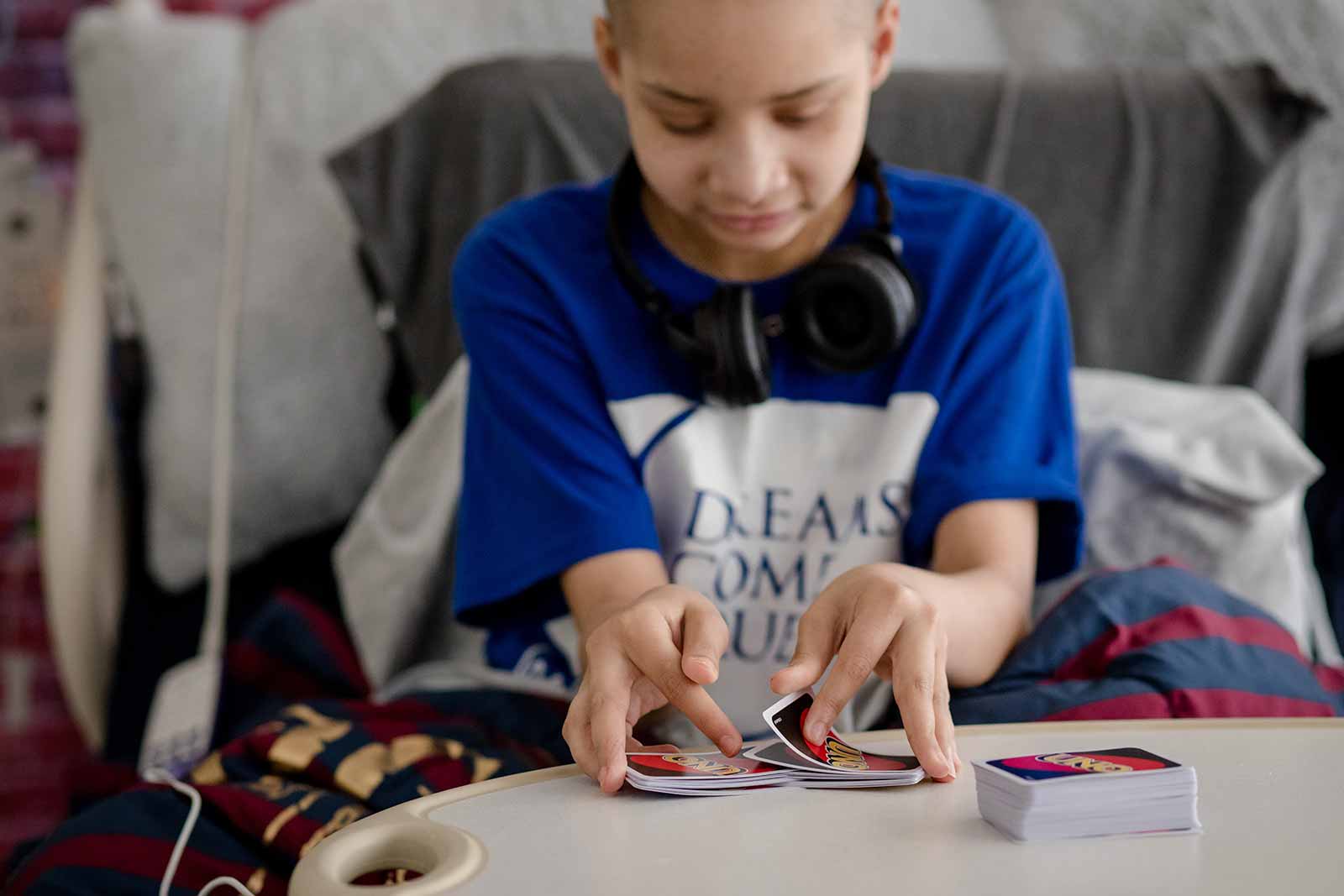
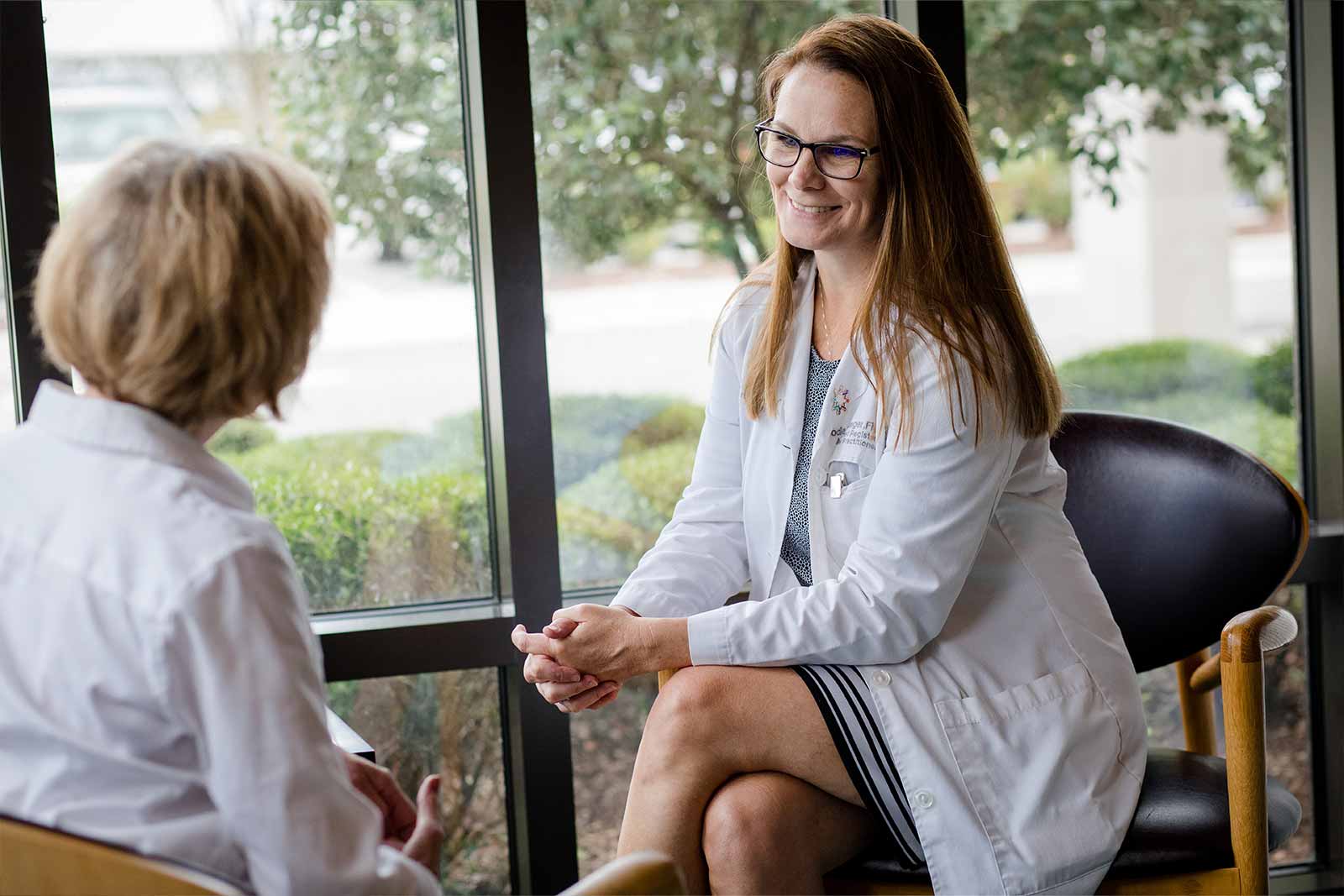
COMUNICACIÓN CON EL EQUIPO DE ATENCIÓN MÉDICA
Muchos pacientes con cáncer necesitan ayuda para hablar con sus proveedores de atención debido a la edad o a una enfermedad. A veces es por edad o por enfermedad. En estos casos, el cuidador interviene para ayudar escuchando, haciendo preguntas y actualizando al equipo sobre cómo le está yendo al paciente. Aquí hay algunos pasos simples que los cuidadores pueden seguir para tener estas conversaciones vitales de manera efectiva:
Mantén notas de tus citas desde el principio. El tratamiento puede ser abrumador, por lo que mantener un registro de lo que le han dicho puede ayudar a eliminar la falta de comunicación y mantenerlo concentrado.
Hacer preguntas. El trabajo del equipo de atención médica es ayudar a los pacientes y sus seres queridos a comprender la afección, su tratamiento y los posibles efectos secundarios.
No espere recordar todas las preguntas que tenga para el médico. Escriba las preguntas en un cuaderno y llévelas a las citas.
Utilice ese mismo cuaderno para tomar notas durante la cita. Será más fácil consultar estas notas a medida que surjan preguntas.
Importancia del autocuidado para los cuidadores
Ser cuidador puede ser agotador. Es importante que los cuidadores también cuiden de su propia salud física y mental.

El estrés de este exigente rol puede causar problemas de salud, como insomnio, cambios en el apetito y sentimientos de ansiedad, depresión o soledad. Usted no está solo. Aproximadamente la mitad de los cuidadores no duermen lo suficiente de forma continua, lo que los hace sentir cansados y perjudica su calidad de vida. Es importante que cuides tu salud física, mental y emocional. Visita Healthier You para encontrar formas de cuidarse durante este momento difícil.
Visite Healthier YouFORMAS PARA MANTENERSE MENTAL Y EMOCIONALMENTE SALUDABLE
- ¿Te sientes abrumado? Trate de hacer arreglos para recibir atención de relevo. El cuidado de relevo es un cuidado temporal para una persona que no puede cuidar de sí misma y permite que los cuidadores habituales de la persona tomen un descanso. Pregúntele al equipo de atención médica de su ser querido sobre los recursos comunitarios si tiene dificultades para encontrar atención de relevo.
- Si su ser querido se enfrenta a un diagnóstico de cáncer, conectarse con otros puede brindarle apoyo y consuelo. Comuníquese con familiares, amigos, quienes comparten su fe o un grupo de apoyo para obtener apoyo emocional.
- Manténgase activo. La actividad física regular puede reducir su riesgo de depresión.
- Muchos cuidadores brindan apoyo financiero, reducen sus horas de trabajo o incluso renuncian a su trabajo para cuidar a sus seres queridos. A continuación, se enumeran recursos que pueden brindarle asistencia.
Fuente: https://www.cdc.gov/cancer/survivors/caregivers/caring-for-yourself.htm
Publicación https://www.cancer.gov/publications/patient-education/caring-for-the-caregiver
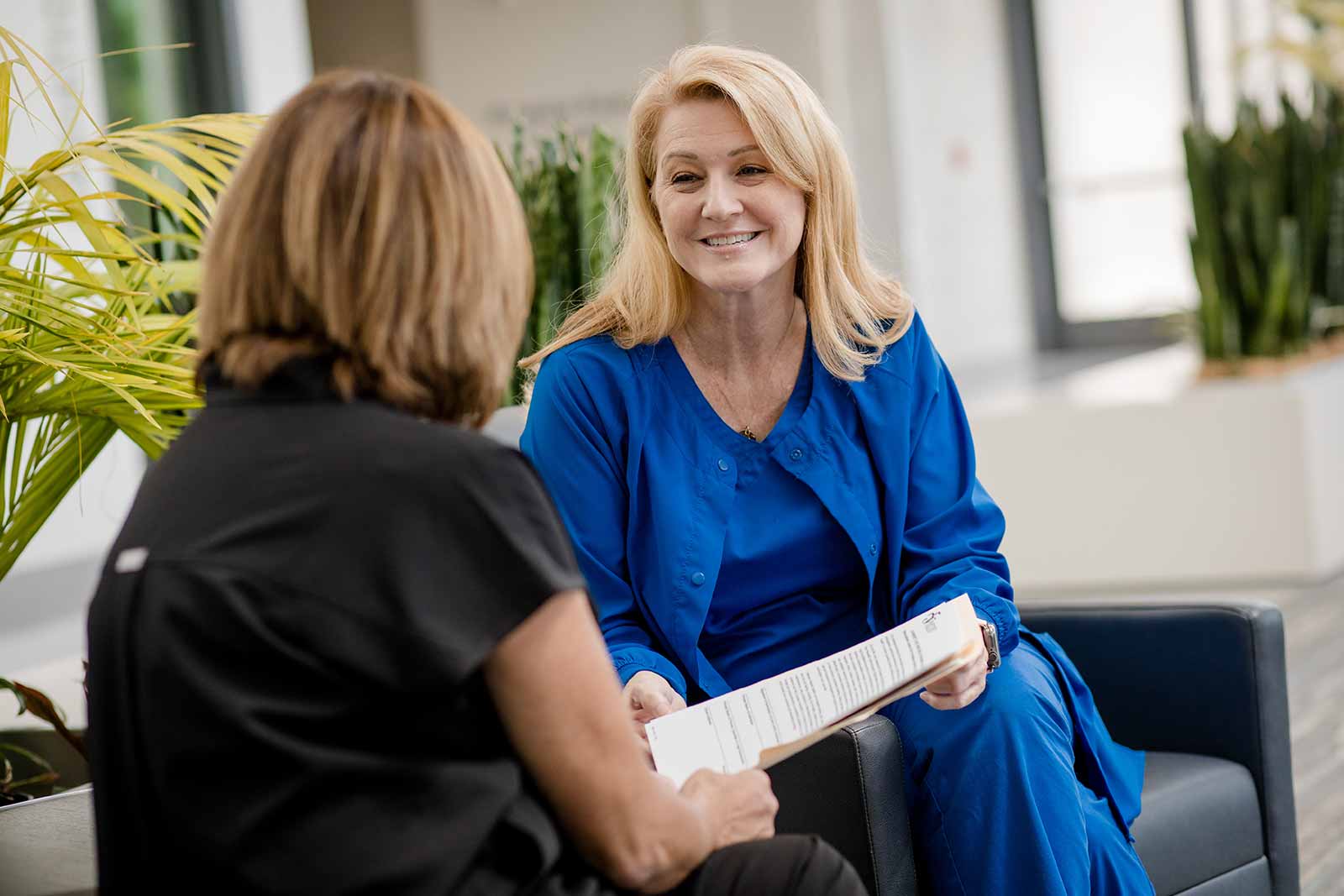
Transición del rol de cuidador a la supervivencia
Es posible que su ser querido necesite ayuda mientras se recupera del tratamiento.
 La supervivencia también puede ser un momento difícil. El tratamiento ofrece un objetivo claro y una fecha final. Sin esta estructura, usted y su ser querido pueden sentirse perdidos. Recuerde tomar las cosas día a día mientras usted y su ser querido comienzan esta transición.
La supervivencia también puede ser un momento difícil. El tratamiento ofrece un objetivo claro y una fecha final. Sin esta estructura, usted y su ser querido pueden sentirse perdidos. Recuerde tomar las cosas día a día mientras usted y su ser querido comienzan esta transición.
La transición para dejar el papel de cuidador puede ser un proceso gradual. Hable con su ser querido sobre lo que necesita y cómo puede ayudarlo. Si su ser querido puede asumir un papel más independiente, bríndele apoyo y anímelo a que lo haga. Mantenga abiertas las líneas de comunicación.
Una vez finalizado el tratamiento contra el cáncer, existen muchas maneras de apoyar a su ser querido durante la supervivencia. Por ejemplo, puedes:
- Aprender los posibles efectos secundarios tardíos del tratamiento y esté atento a ellos.
- Únase a ellos durante las citas de seguimiento y las exploraciones.
- Ayúdelos a recopilar registros médicos durante la transición de regreso a su médico de atención primaria y dejando el equipo de oncología.
- Ofrezca apoyo emocional.
- Cree un plan de atención de supervivencia con los miembros del equipo de atención médica y su ser querido. El plan debería incluir:
- Resumen del diagnóstico y tratamiento.
- Responsabilidades de todos los miembros del equipo de atención médica.
- Planifique la atención de seguimiento, un cronograma de pruebas/detección y el manejo de efectos secundarios.